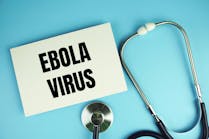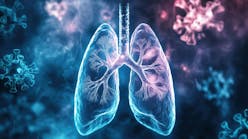To help ensure that millions of uninsured and underinsured American adults continue to have access to no-cost COVID-19 vaccinations, the Centers for Disease Control and Prevention (CDC) is launching the Bridge Access Program for COVID-19 Vaccines this fall.
There are an estimated 25-30 million adults without insurance in the U.S., and there are additional adults whose insurance will not provide free coverage for COVID-19 vaccines after these products transition to the commercial market for procurement, distribution, and pricing, later this fall. The pandemic highlighted longstanding barriers to adult vaccination, including lack of accessibility, lack of availability, and lack of confidence. Under the management and oversight of CDC, the Bridge Access Program – for a limited time – will allow adults who are uninsured or underinsured to receive free COVID-19 vaccinations.
A dedicated team within CDC’s Immunization Services Division has been established to help launch the new program this fall. CDC will purchase COVID-19 vaccines and allocate them, along with the funding needed to implement this new program, through CDC’s established network of state and local immunization programs. These partners will then facilitate distribution of these vaccines to participating community-based providers, including local health departments and Health Resources and Services Administration (HRSA)-supported health centers. In order to broaden access, CDC is also working closely with select national pharmacy chains, as well as vaccine manufacturers, to enable uninsured adults to receive free COVID-19 vaccines at participating retail pharmacy locations.
CDC has published its intent to modify existing Increasing Community Access to Testing (ICATT) program contracts with those select pharmacy partners with proven capacity to reach and vaccinate millions of adults. It is expected that through such agreements with participating pharmacy chains that the Bridge Access Program will reimburse pharmacies for the administration fees, enabling pharmacies to administer vaccine doses for the Program.
It’s important to note that the Bridge Access Program serves as a “temporary bridge” and is scheduled to end in December 2024.
Efforts related to the Bridge Access Program launch are ongoing, and additional details will be shared in the coming weeks and months.





